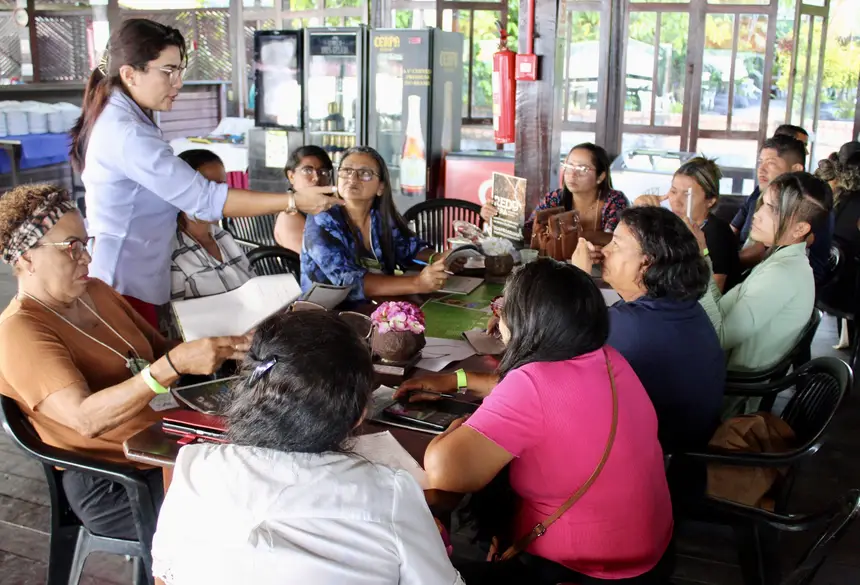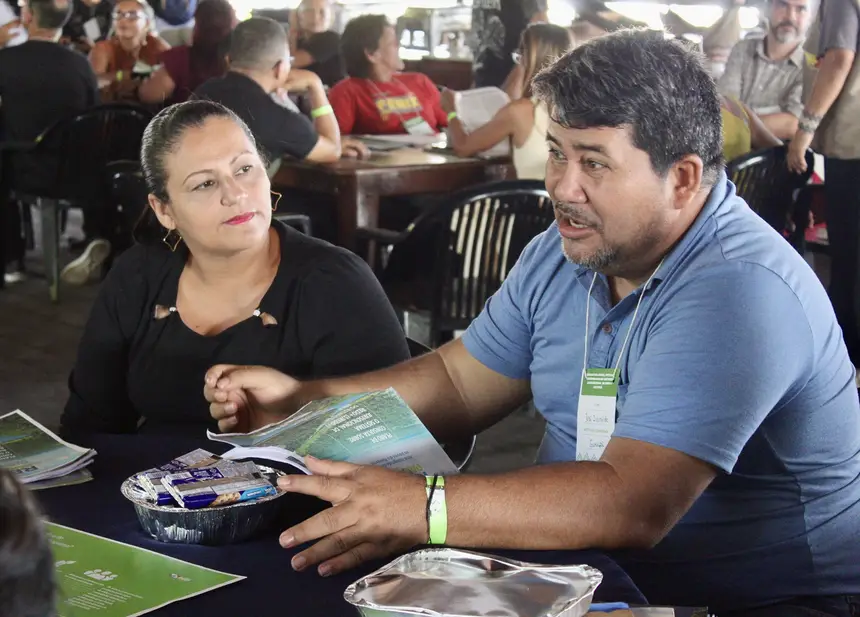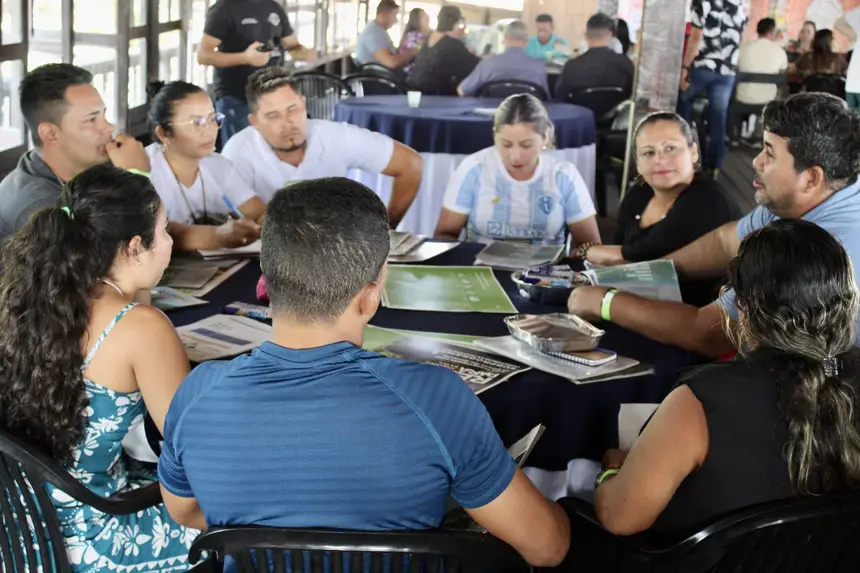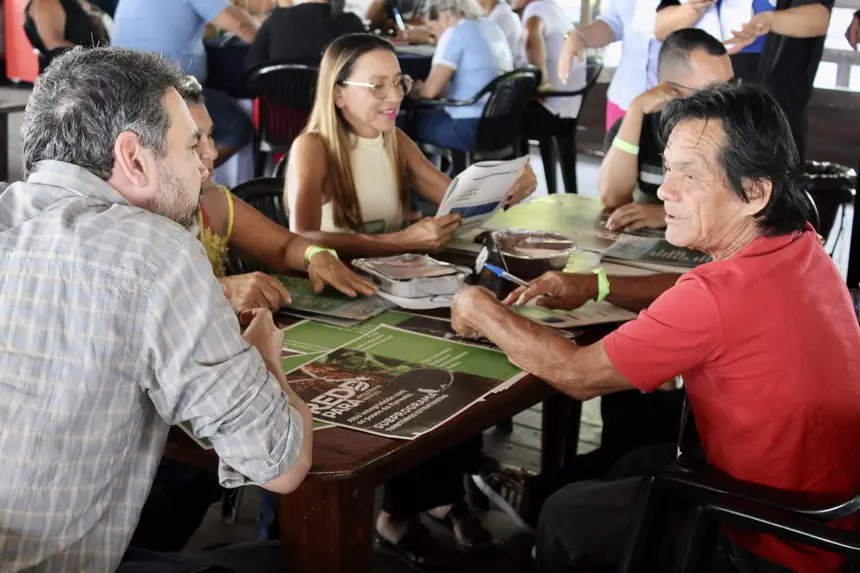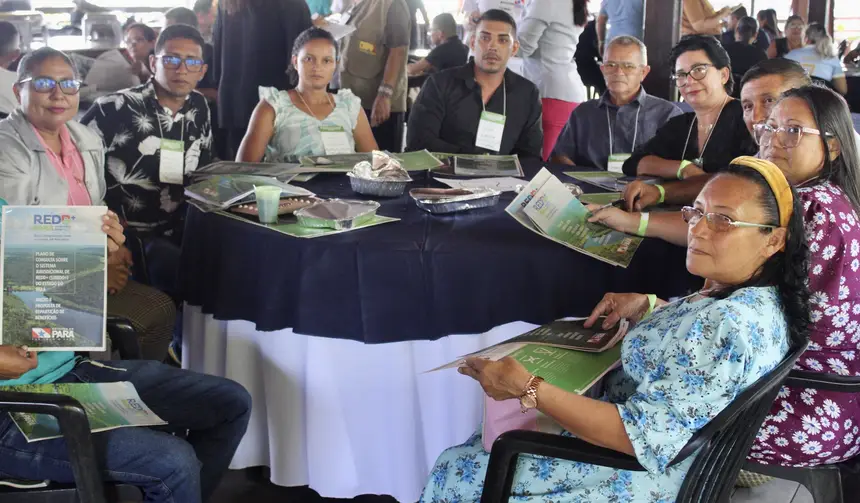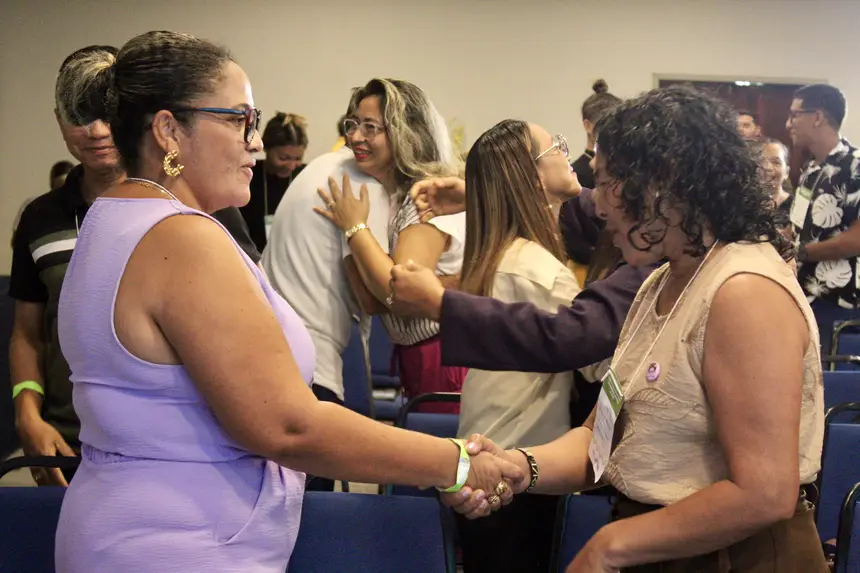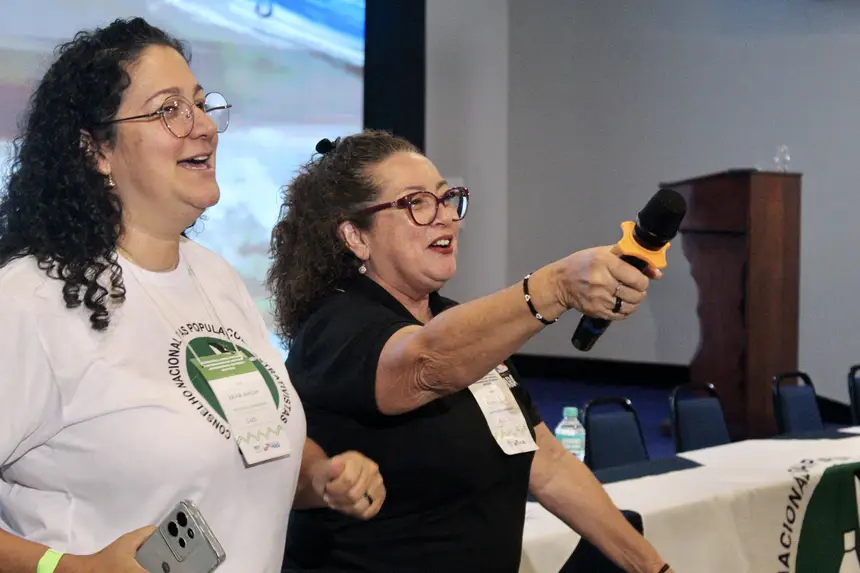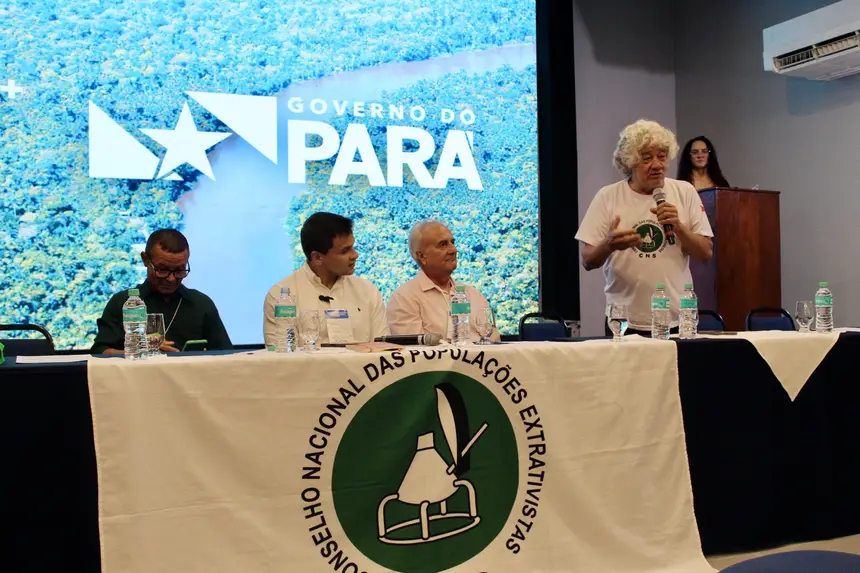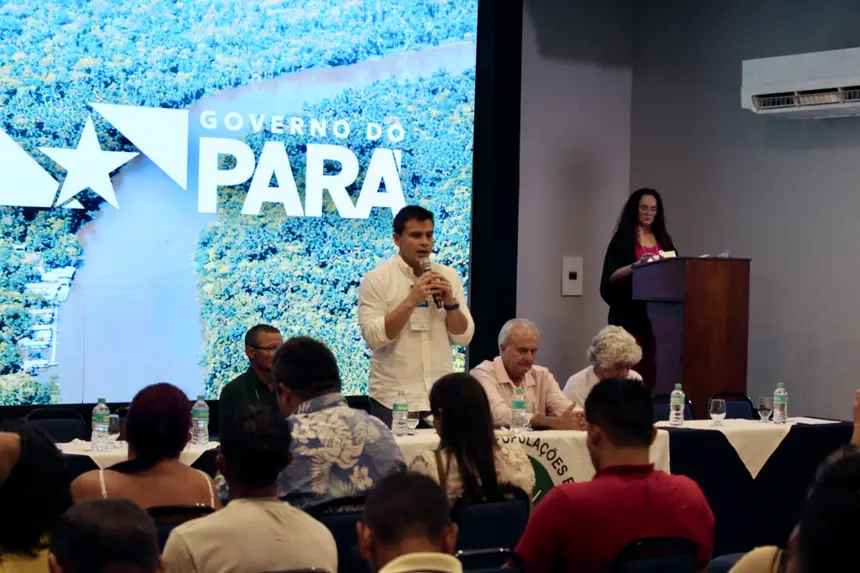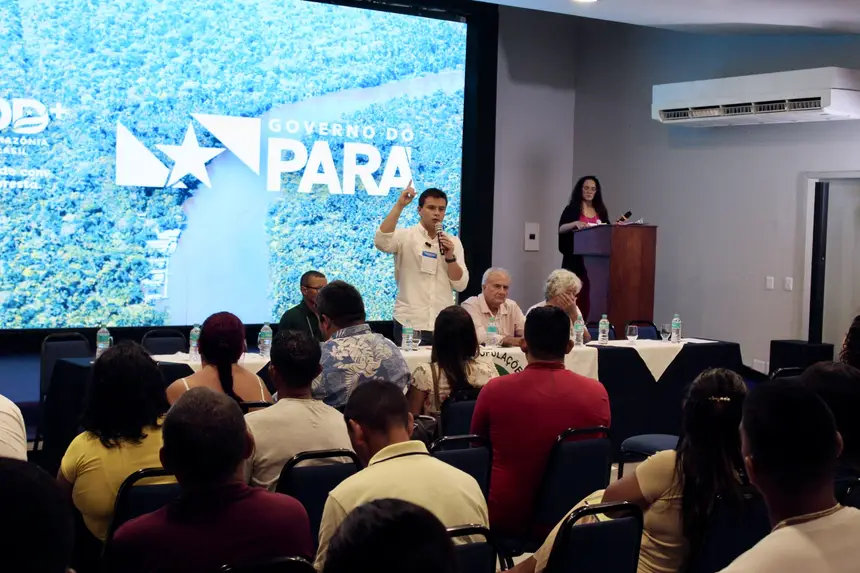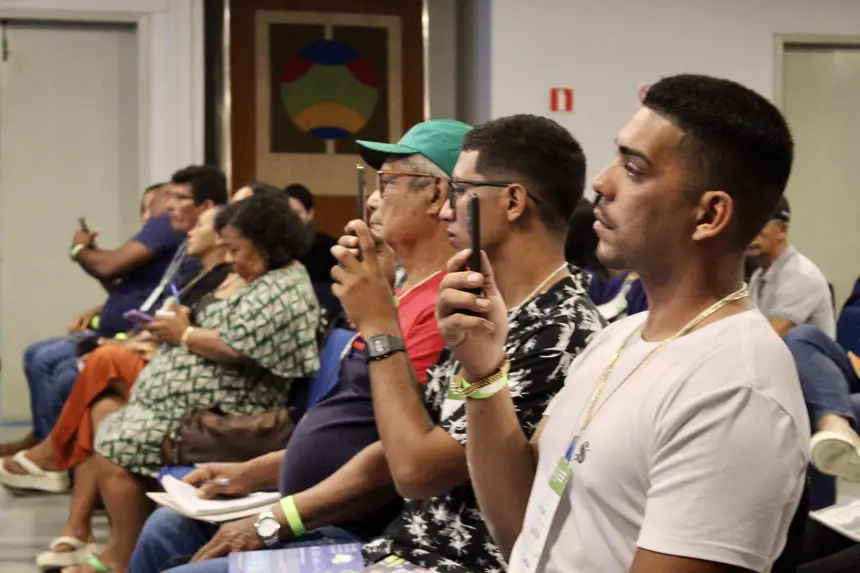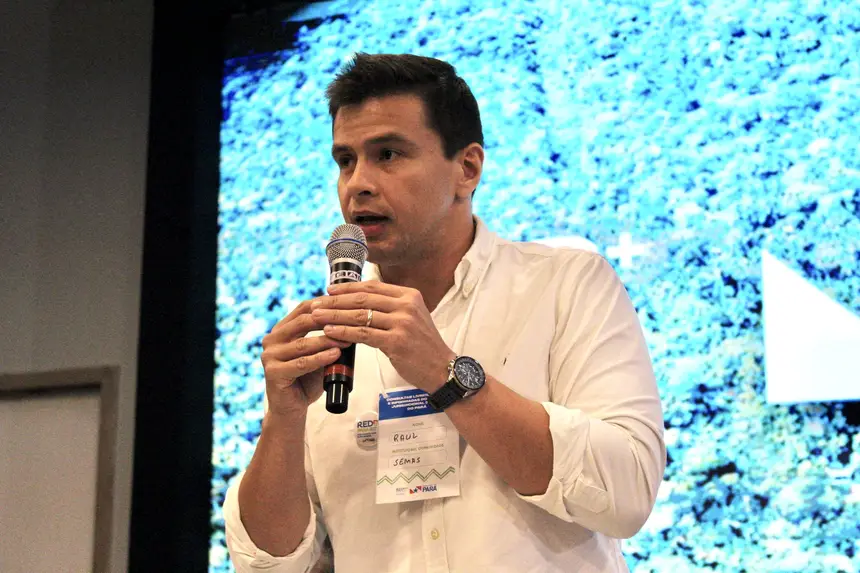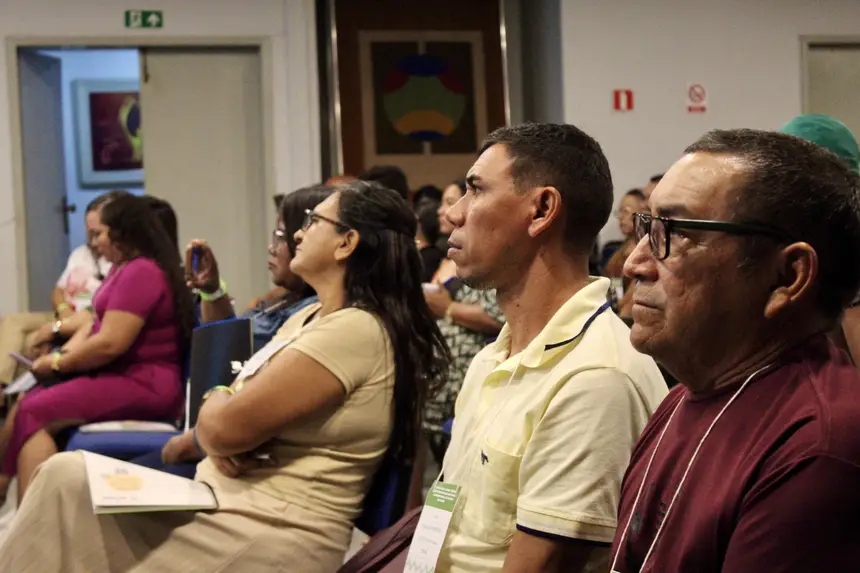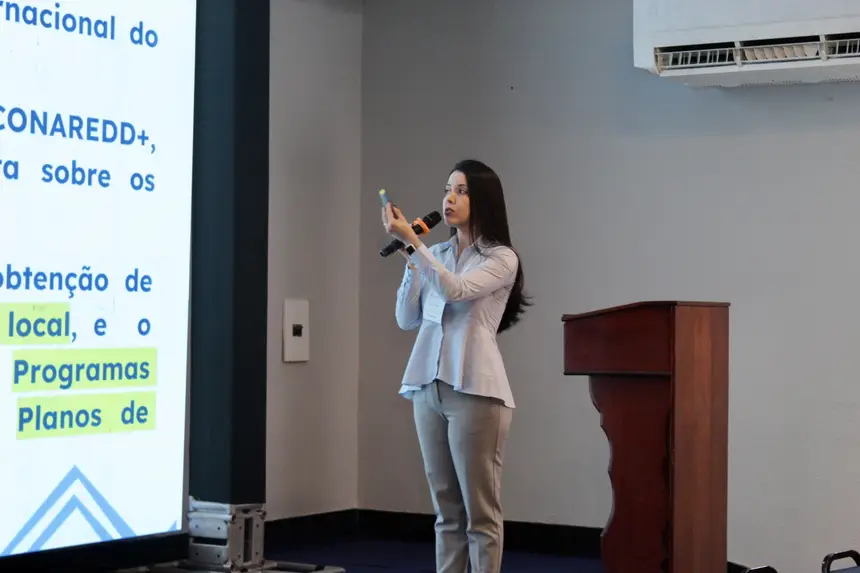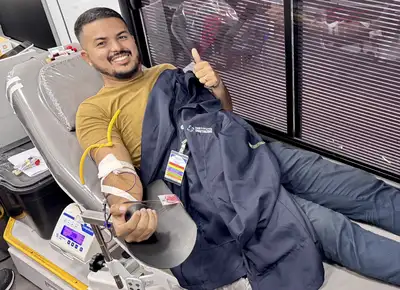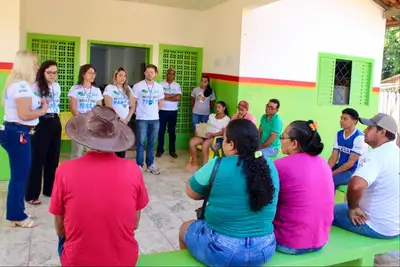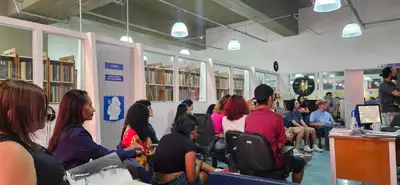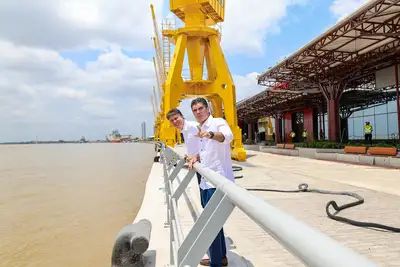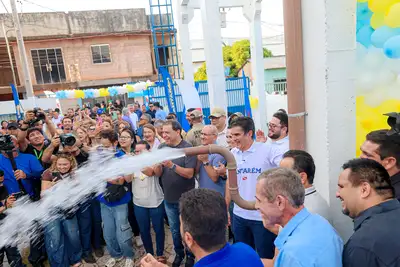Pará holds consultations with traditional communities on climate policy in Belém and Salvaterra
More than 200 representatives from extractive and quilombola communities participated in the CLPIs, which are part of the construction of the REDD+ Jurisdictional System.
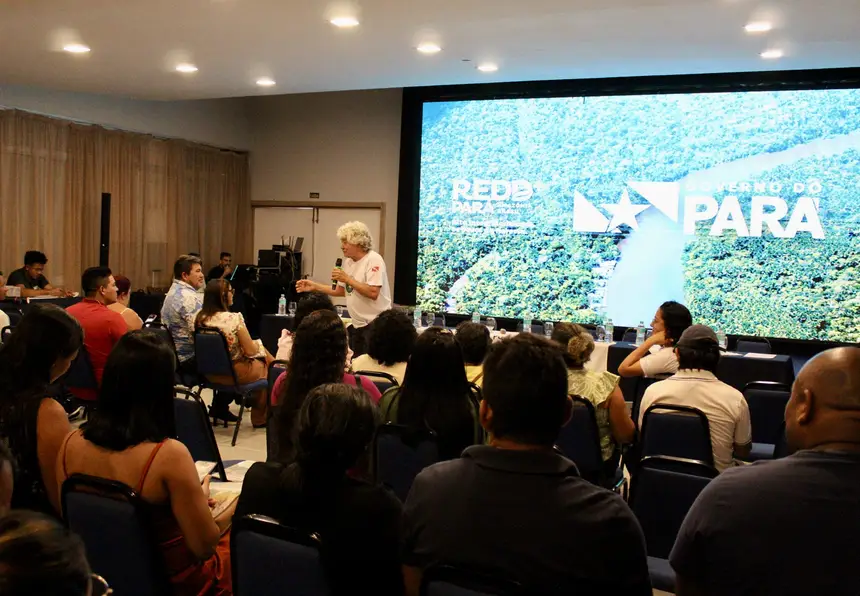
The Government of Pará, through the State Secretariat for Environment, Climate and Sustainability (Semas), held this week two Free, Prior and Informed Consultations (CLPIs) in Belém and the municipality of Salvaterra. The meetings brought together more than 200 representatives from extractive and quilombola communities in the Eastern Marajó region, in a process that strengthens social participation in the formulation of public policies aimed at environmental preservation and climate justice.
The consultations are part of the construction of the REDD+ Jurisdictional System (SJREDD+) of Pará, a policy aimed at reducing carbon emissions through forest conservation, which is linked to the State Plan for Amazon Now (PEAA) and the State Policy on Climate Change (PEMC).
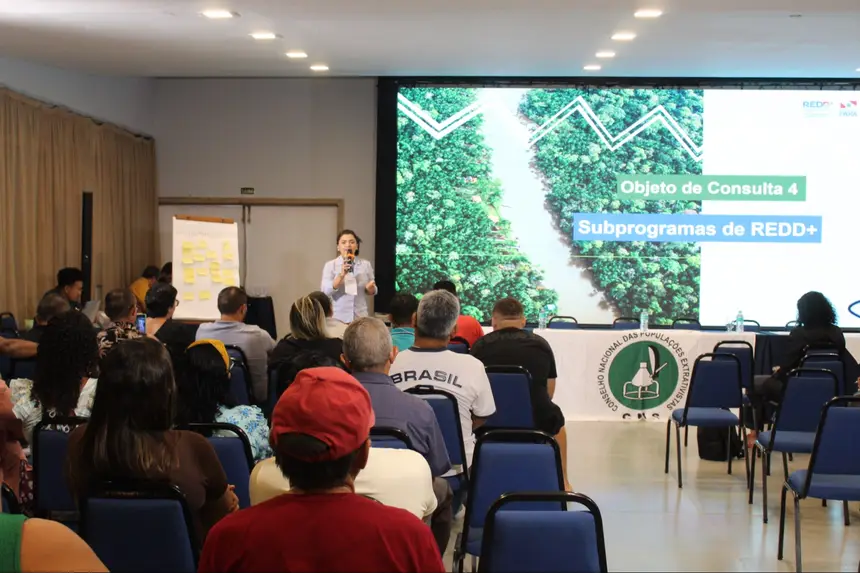
Active participation and qualified listening
During the meetings, participants attended panels on social and environmental safeguards, benefit-sharing mechanisms, access to resources, and the draft law that creates the state REDD+ system. Active listening dynamics, group discussions, and moments of internal deliberation among community representatives were also promoted.
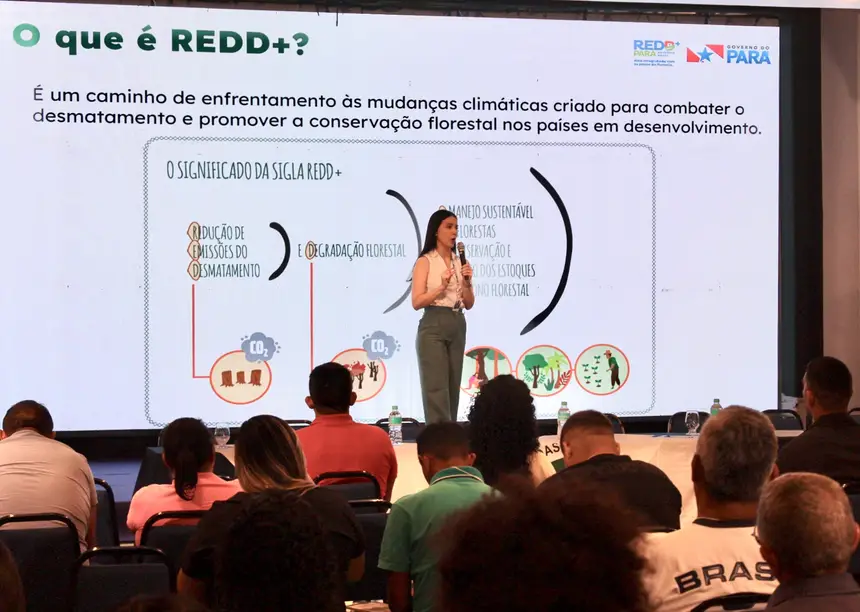
The State Secretary for Environment, Climate and Sustainability, Raul Protázio, highlighted the symbolic and historical nature of the initiative:
“Participating is symbolic and very gratifying because it represents the result of years of work and decisions built collectively. The realization of the CLPI is only possible thanks to the efforts of the teams from the secretariats that have worked in partnership to ensure social participation in this historic process for Pará and for traditional communities.”
The Deputy Secretary for Water and Climate Management at Semas, Renata Nobre, reinforced the importance of the consultations:
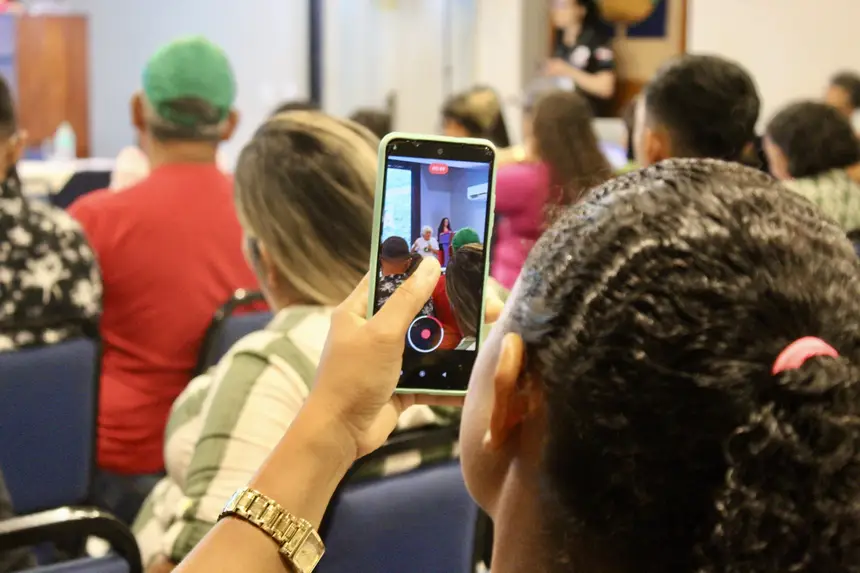
“The realization of consultations with traditional communities reinforces Pará's commitment to broad and diverse social participation. These meetings allow different peoples to contribute effectively to the construction of the SJREDD+, respecting their specificities and valuing the points of convergence that strengthen forest preservation.”
Voices of the communities
Representing the extractive community of Muaná, Maurício Azevedo celebrated the opportunity to be heard by the government. “For the first time, I see such a structured secretariat, with representatives bringing good initiatives and objectives. This gives us security and hope. I felt welcomed and I congratulate our governor for creating a new policy that is transforming Pará into a more constructive state. A partnership between government and community is essential.”
The coordinator of the National Council of Extractive Populations (CNS), Letícia Moraes, emphasized the protagonism of the communities in the process:
“REDD+ means conservation and protection, and this guarantees our rights to access territories. The CLPI is, above all, the guarantee of a fundamental right: the right to be consulted. We want a public policy made from the bottom up, with the collective and for the collective, that ensures living forests and our social rights.”
The Secretary of Family Agriculture, Cássio Pereira, also highlighted the relevance of this stage for the advancement of state climate policy. “We transformed a legal requirement into a participatory process that enriches our REDD+ strategy. This demonstrates the government's commitment to facing the climate transition with social justice, environmental sustainability, and fair distribution of benefits.”
In Salvaterra, the expectation was expressed by Palmira Martins, vice-president of the quilombola community Boa Esperança. “This initiative is a novelty for all of us. We are still understanding the project, but we want to see results happening in our territories, for this generation. We hope it brings real benefits to the quilombola communities.”
Commitment to rights and sustainability
The Free, Prior and Informed Consultations follow the principles of ILO Convention 169, which guarantees the right of traditional peoples and communities to be consulted on public policies that may impact their ways of life.
The process reaffirms the commitment of the Government of Pará to a participatory climate policy that respects collective rights and promotes sustainability with social justice.


